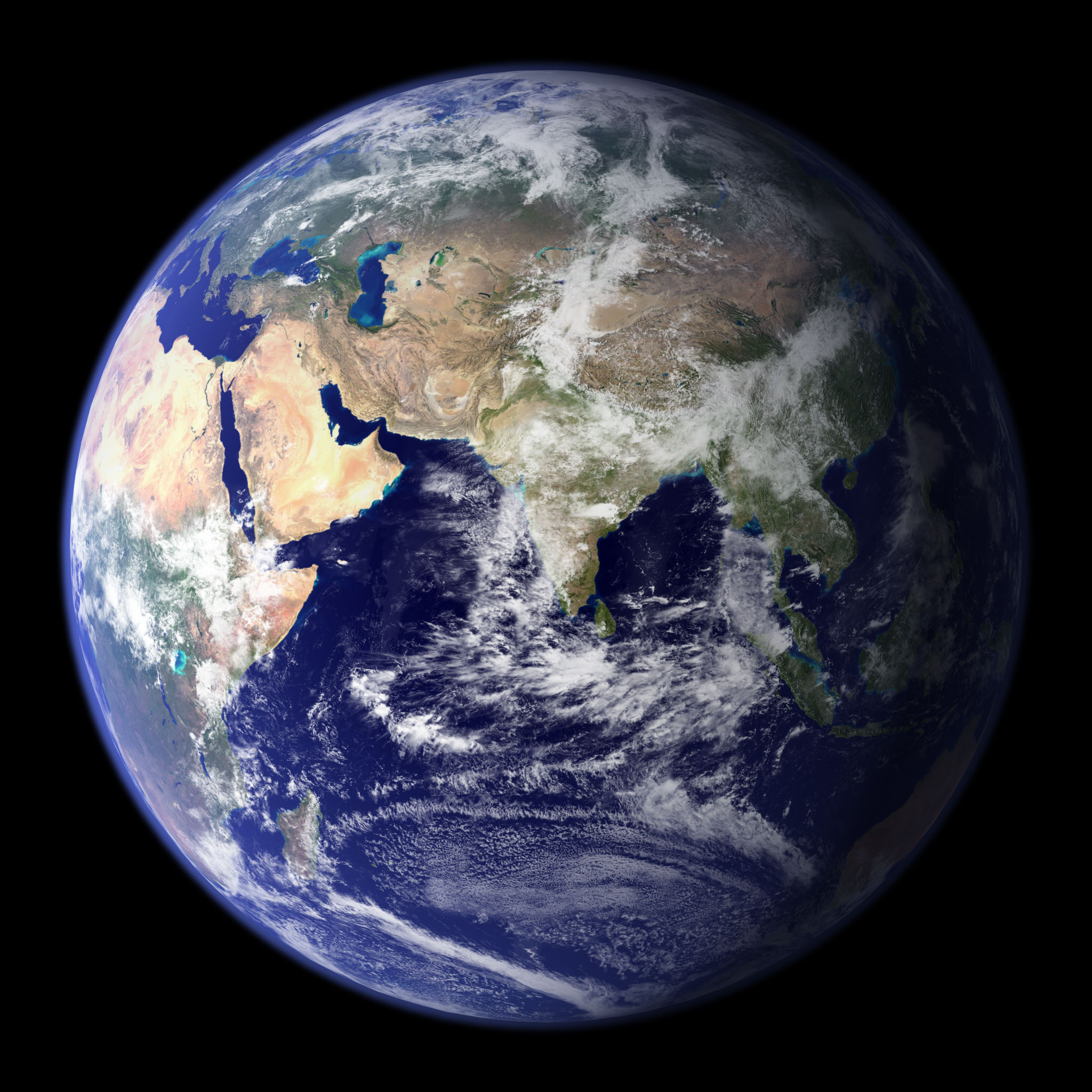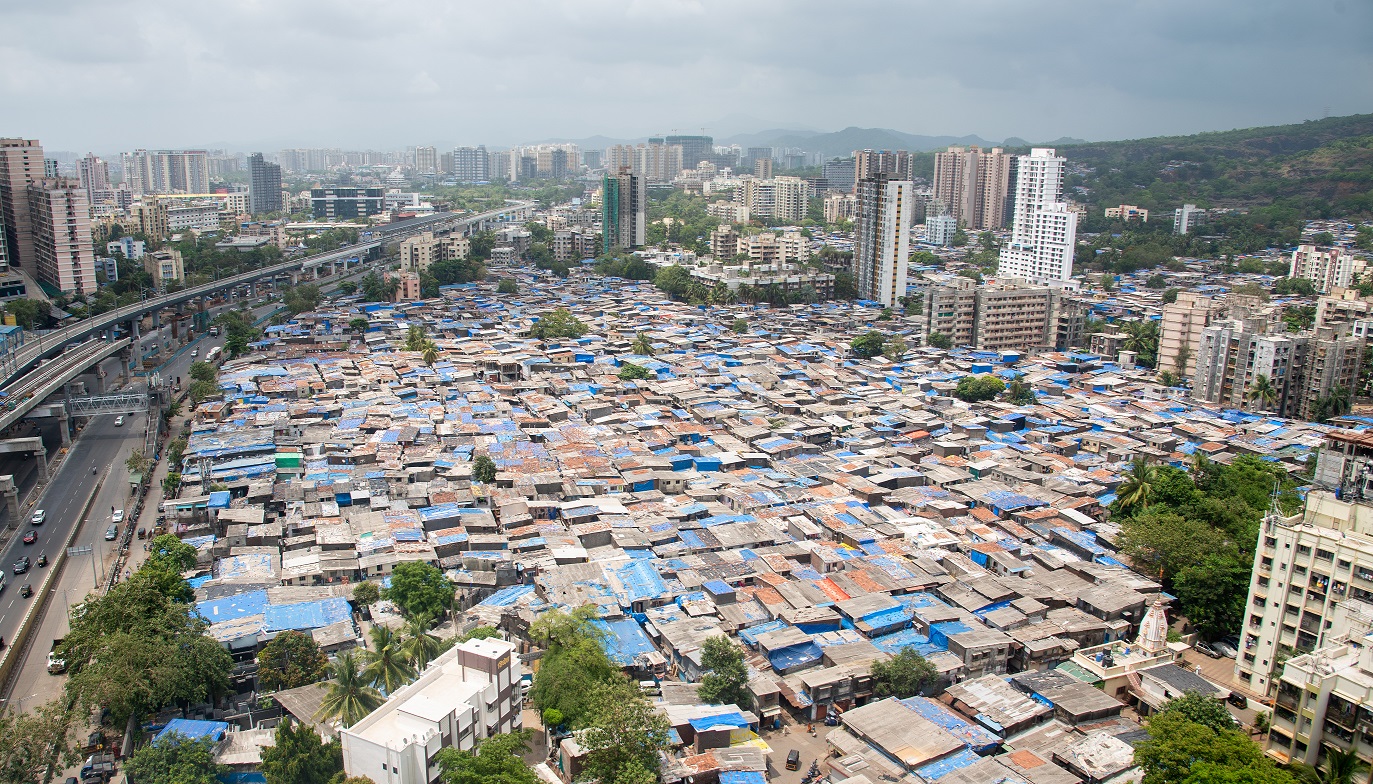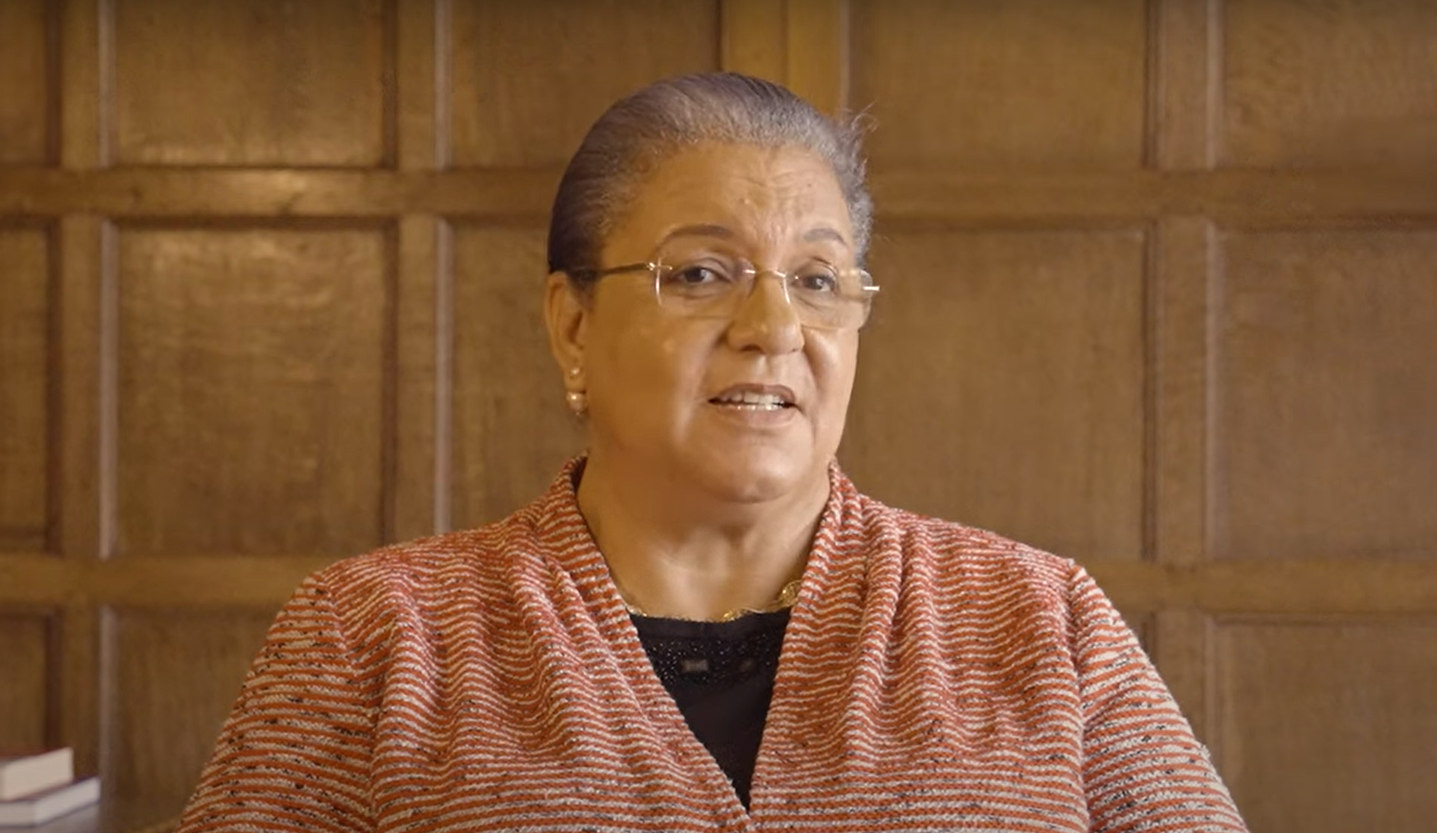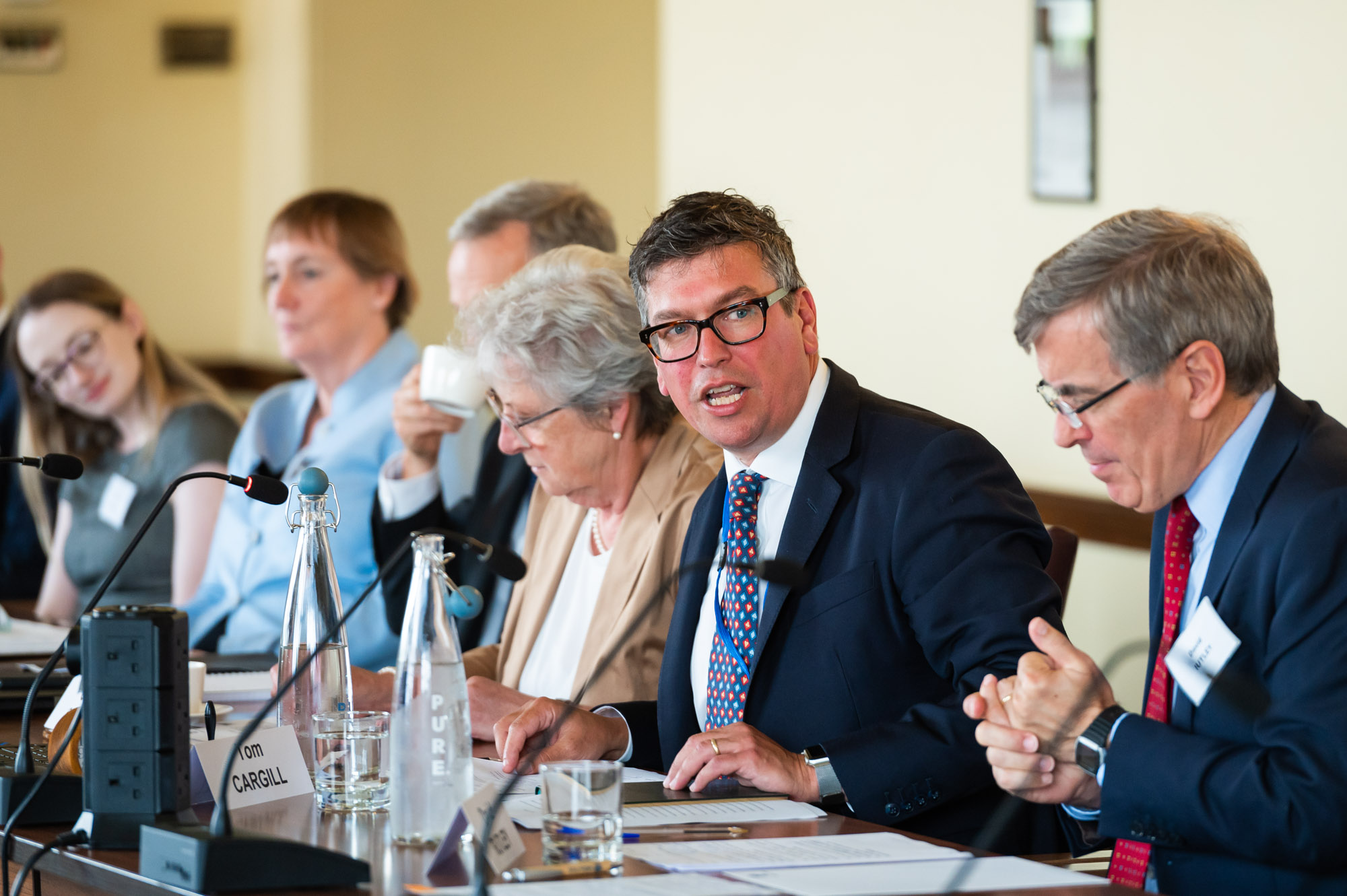In partnership with the NATO Defense College, Rome
After the tumultuous developments in the Middle East and North Africa during 2011, the conference provided the opportunity to take stock of what has happened, and why; examine what has been achieved; and explore what more needs to be done. It aimed to help participants to reach a better understanding of developments across the Middle East and North Africa, their inter-linkages and their implications for policy formulation and practice.
Cross cutting themes running through the conference discussions included: security issues, in particular the triggers for conflict; managing the negative effects of change on the economy and promoting economic growth and prosperity; and the role and future prospects of Islamist groups.
Bringing together actors from the region with policy makers and analysts on the Middle East from elsewhere, we sought to take stock of developments across the Middle East and North Africa, their inter-linkages and their implications for policy formulation and practice. Particular attention was given to security issues, including the triggers for conflict; managing the negative effects of change on the economy and promoting economic growth and prosperity; and the role and future prospects of Islamist groups.
Among key issues arising in discussion were:
- New political mobilisations have come to the fore, in particular the rise of Islamist movements, but also those based on new identities, including ethnic or sectarian, while secular forces are broadly losing power;
- Economic difficulties may develop into crises, and the economic model the international community has applied elsewhere to countries undergoing major restructuring may need to be reconsidered;
- Security sector reform, together with civil-military relations, needs urgent attention;
- Governments willing to assist transition countries will need to engage with Islamists and non-Islamists alike, and work with civil society to a much greater extent than has previously been the case.
Further information
- Towards a Copernican revolution in the MENA region report on the conference by Dr Pierre Razoux, Senior Research Analyst, NATO Defense College
- Gulf Research Center – Dr Abdulaziz Sager, GRC Chairman speaks at the Wilton Park conference












